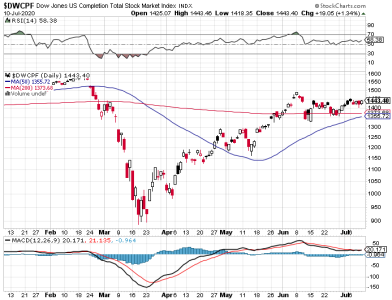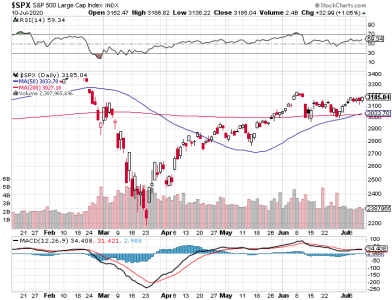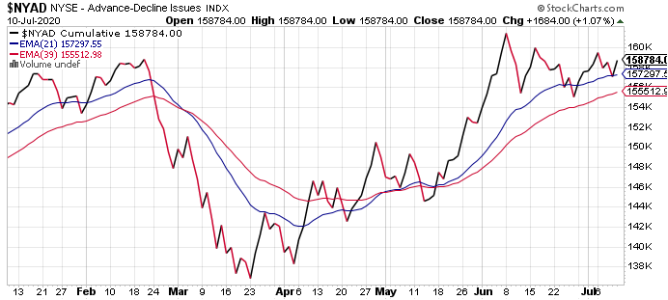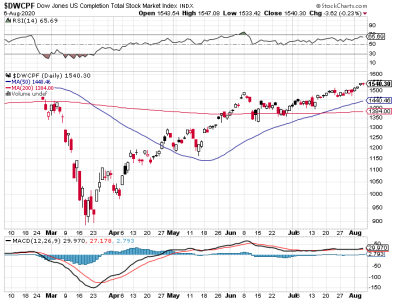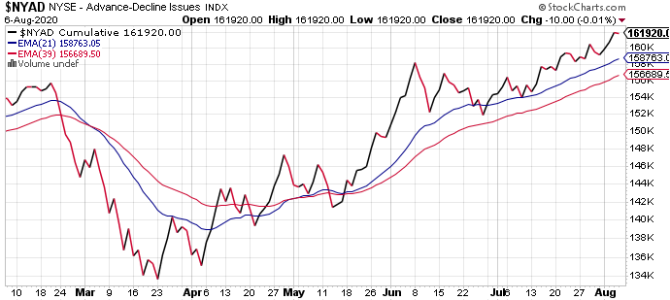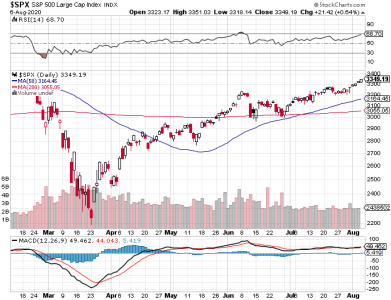Spaf
Honorary Hall of Fame Member
- Reaction score
- 45
imported post
In about 2 years I'll effect my retirement under FERS. In researching on what to do with my TSP account, I have tentatively settled on two possible actions. Both require a transfer of TSP accounts to traditional IRA's. Vanguard and USAA, appear to be the leaders at the present time. Both have mutual funds with low expense ratios, and both offer plans with and without asset management.
Vanguard seems to be somewhat complicated (with a lot of paperwork), where USAA is somewhat more simplified. I have my auto and home insurance with USAA, and their service has been very good, I just don't know with their investments?
Does anyone have any information on Vanguard or USAA that would sway my choise one way or another? :*
In about 2 years I'll effect my retirement under FERS. In researching on what to do with my TSP account, I have tentatively settled on two possible actions. Both require a transfer of TSP accounts to traditional IRA's. Vanguard and USAA, appear to be the leaders at the present time. Both have mutual funds with low expense ratios, and both offer plans with and without asset management.
Vanguard seems to be somewhat complicated (with a lot of paperwork), where USAA is somewhat more simplified. I have my auto and home insurance with USAA, and their service has been very good, I just don't know with their investments?
Does anyone have any information on Vanguard or USAA that would sway my choise one way or another? :*

